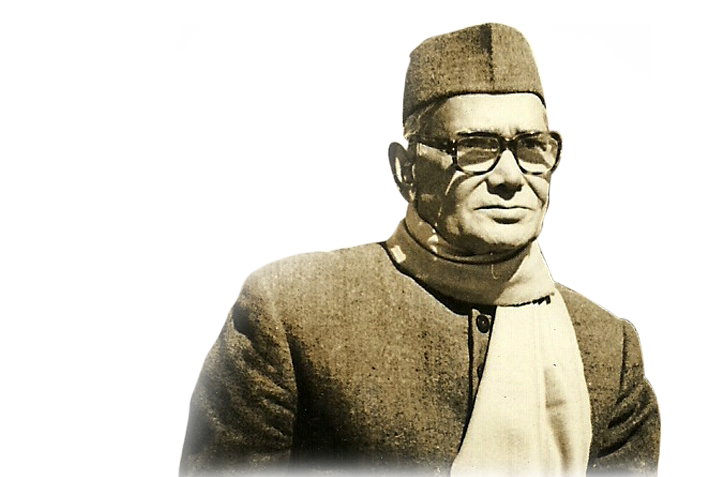JP Reflections
- The disillusioned prophet One of his last interviews, printed in India Today August 15 1977
- Field Work More Important Letter to members of the national executive of the CSP, August 29, 1951
- Stock Taking Press statement on Independence Day, 1948
- The Revolution of 1942 The Searchlight, April 22, 1946
- First Things First Congress Socialist, Vol. I, No 52, December 26, 1936
- Why Socialism
Field Work More Important
Letter to members of the national executive of the CSP, August 29, 1951It is for the first time perhaps since the formation of the CSP that I find myself in such utter disagreement with the national executive on a matter of vital policy: the question whether all prominent party workers should contest the forthcoming elections. My view at Ranchi was that at least one such worker should be kept out. There were arguments for and against, and when votes were counted there was a majority of one for the view that all prominent workers – three names were specifically considered- should be asked to contest. As the voting was narrow, and Acharyaji was not present, the general secretary circularized the absent members for their opinion. Asoka now informs me that Acharyaji also favoured the majority view.
The matter is thus settled. But I should like to make another effort to persuade the executive to change its decision. This question is of vital importance for the growth of the party and the future of democratic socialism. We in India have been developing a theory and practice of socialism which, in many vital respects, are different from those found elsewhere.
One decisive item of difference is our view that state power and initiative are not the only means of building up a democratic socialist society, but that popular initiative and day-to-day efforts are also essential. Indeed, the latter are ultimately more important. If we really believed in this, parliamentary or the governmental work should have had no more importance to us than field work among the people. If both activities are of equal importance, why should all the important men be sent to the legislature? To believe, further, that the same persons can do both parliamentary and extra-parliamentary work is to practice self-deception. Both these activities are of the highest importance and both would require time and devotion.
While members of the legislatures (or of government) can and should participate in extra-parliamentary work, their main task will be in the legislature. If all the important men are sent to legislatures, the task of building up the popular bases and sanctions of socialism would be relegated to secondary importance; and no amount of theorizing would convince even the party’s rank and file, leave alone the public, that the contrary was the truth.
Socialism would then have only two alternative courses of development; (a) liberalism, (b) party dictatorship. This would be particularly so because in this country (unlike in Great Britain and Sweden) socialism lacks the popular bases of co-operative and trade union movements.
The whole future of democratic socialism in India would be jeopardize if the present decision of the national executive were to be implemented. Therefore, I press you to reconsider.
If you agree that all prominent people should not be sent to the legislatures, then the question would arise as to who should be kept out. I fervently hope that the executive would leave me out, because I have no aptitude for parliamentary work and I do earnestly wish to be allowed to do field work.


